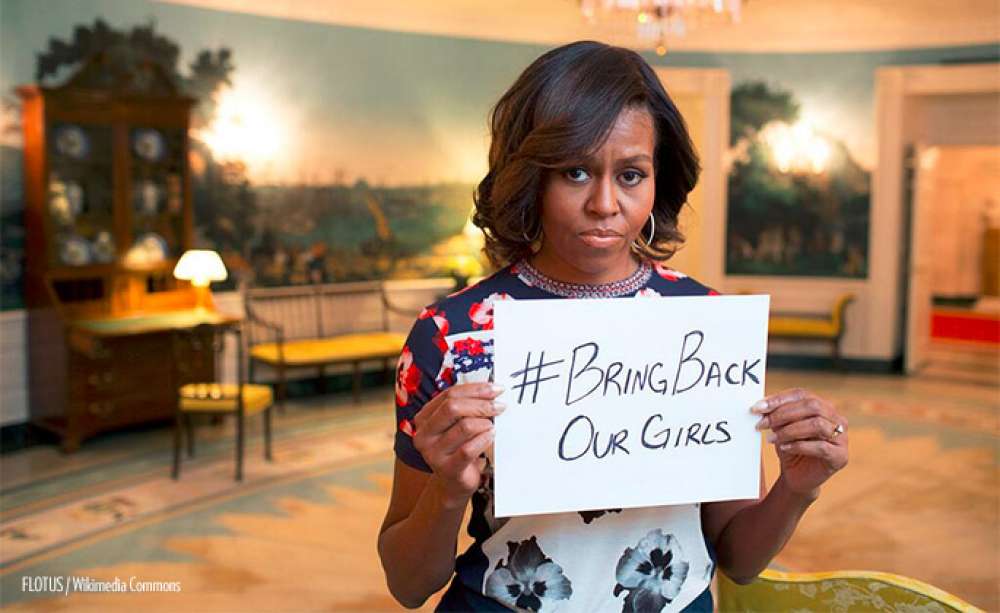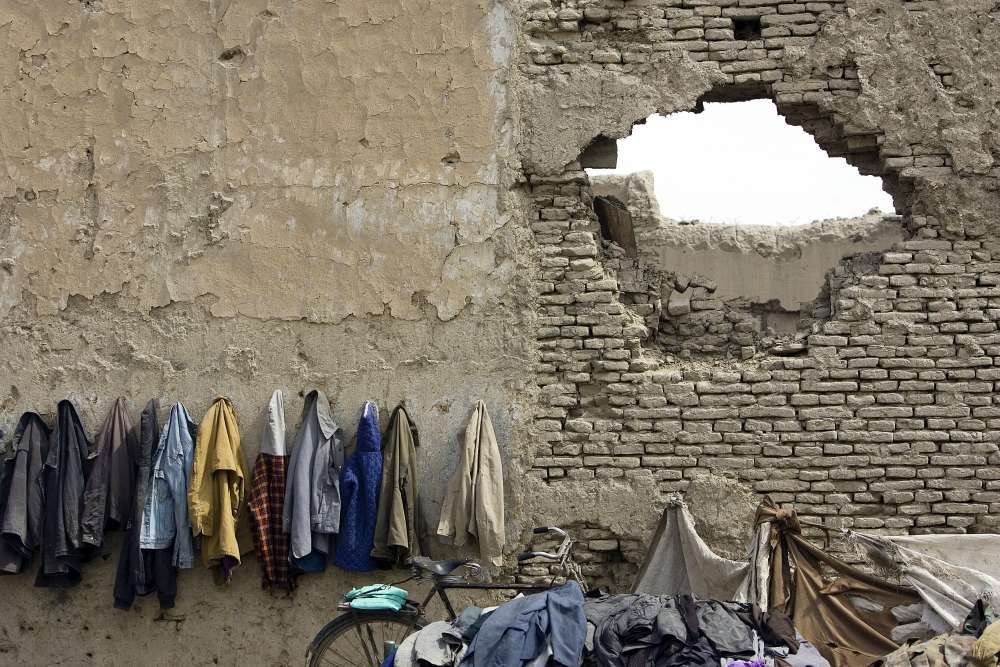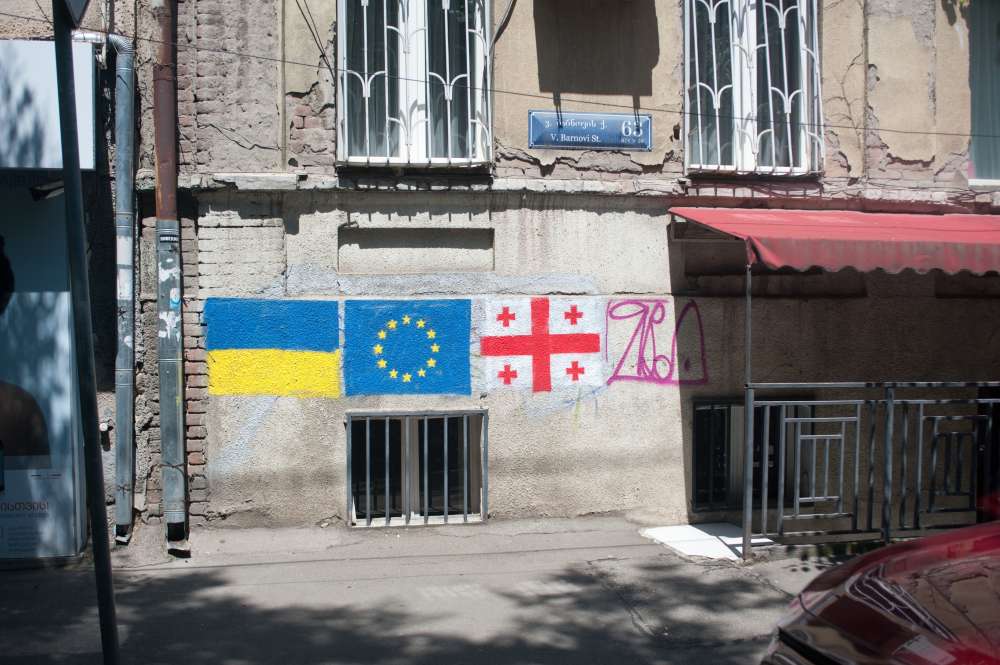US Needs to Increase Support for Nigeria in Fight Against Boko Haram

It has been more than 20 months since Nigeria’s militant Islamist group, Boko Haram, abducted 276 girls from a high school in the town of Chibok, Nigeria. Today, more than 200 of these girls remain missing despite the global campaign to rescue them. This has exposed the Nigerian government’s inability to provide the most-basic public service to its citizens: security and protection. Boko Haram continues to act with impunity, and as the group spreads its terror to Nigeria’s neighboring countries, it is time for the United States and its international allies to step forward to aid Nigeria and its neighbors in stopping Boko Haram’s crimes.
Founded in 2002, Boko Haram aims to overthrow the Nigerian government, create an Islamic state and eliminate Western influence. It thrives in the context of marginalization and poor governance that characterizes Northern Nigeria. Through its campaign of gun attacks, bombings and abductions, the group has killed over 15,000 people and displaced 1.5 million. Recently, the group’s leader Abubakar Shekau pledged allegiance to the Islamic State in Iraq and Syria, or ISIS, a radical group that has inspired international terror attacks in places like Australia, France and Turkey. Nigeria’s new president, Muhammadu Buhari, has vowed to put an end to Boko Haram’s terror and recently moved the Nigerian military headquarters to Maiduguri, a hotspot of Boko Haram activity. However, the menace of Boko Haram endures: the group has killed more than 570 people since Buhari’s inaugural address.
Nigeria’s porous borders with neighbors Niger, Chad and Cameroon have also exposed these countries to the threat posed by Boko Haram. In March 2015, the group lost all of the major towns under its control when a regional coalition – made up of troops from Nigeria, Niger, Chad and Cameroon – formed the Multinational Joint Task Force (MNJTF) to fight against it. The troops pursued militants into the outskirts of towns and freed hundreds of captives.
For its part, the international community has had a largely underwhelming response. Although Boko Haram’s attacks began in July 2009, the United Nations Security Council released a presidential statement on the matter in January 2015, officially condemning Boko Haram for the first time. In July, the Security Council released another presidential statement, which commended the MNJTF but did not offer further support. In speaking on behalf of the MNJTF, Mahamat Zene Cherif, the Chadian representative to the UN, told the Security Council on July 28 that the task force is unable to fight Boko Haram alone and needs support from the international community.
On July 20, Buhari and President Barack Obama met at the White House to discuss the state of security in Nigeria. Following the United Kingdom’s contribution of £5 million, the Obama administration pledged $5 million to aid Nigeria as it leads the MNJTF. Due to restrictions from the Leahy amendment – which prohibits the Departments of State and of Defense from providing military assistance to foreign military units that allegedly violate human rights – and the history of corruption that mars Nigeria’s military, the US is reluctant to provide any more aid to Nigeria. However, Buhari’s recent decision to choose new military leaders based on merit is a clear indication that curbing corruption and human rights violations within the Nigerian military is at the top of his agenda.
Building on the success of the MNJTF, significant aid from greater military powers like the US will be crucial in fighting Boko Haram and returning stability to the region. Such aid should be used to increase border security and monitor cross-border movements of money and arms. This will cut off Boko Haram’s reach into neighboring countries as well as narrow its sources of funding and weapons. In addition, the US and international allies should provide the MNJTF with military technology and training, such as surveillance drones and planning operations. This will help the task force to identify and track Boko Haram’s positions, and then to plan cohesive and proactive strategies against the group. To this end, the US should drastically increase its military aid to Nigeria and the task force.
At the same time, it is clear that Boko Haram cannot be defeated solely through military advances. Nigeria’s history of corruption and poverty, especially in the north, has created distrust in the government among the Nigerian people, and Boko Haram takes advantage of this discontent to bolster support for its own cause. With the election of Buhari to the presidency, the Nigerian government is taking a positive step forward, but it needs the support of the international community to develop a comprehensive strategy that strengthens institutions and addresses the root problems.
Boko Haram’s terror and aspiration do not end with Nigeria’s borders. The Nigerian political class and military may bear the responsibility for the dire situation that the country currently finds itself in, but that fact does not absolve the international community of the obligation – nor does it eliminate reasons of self-interest – to help tackle the growing threat of Boko Haram.







